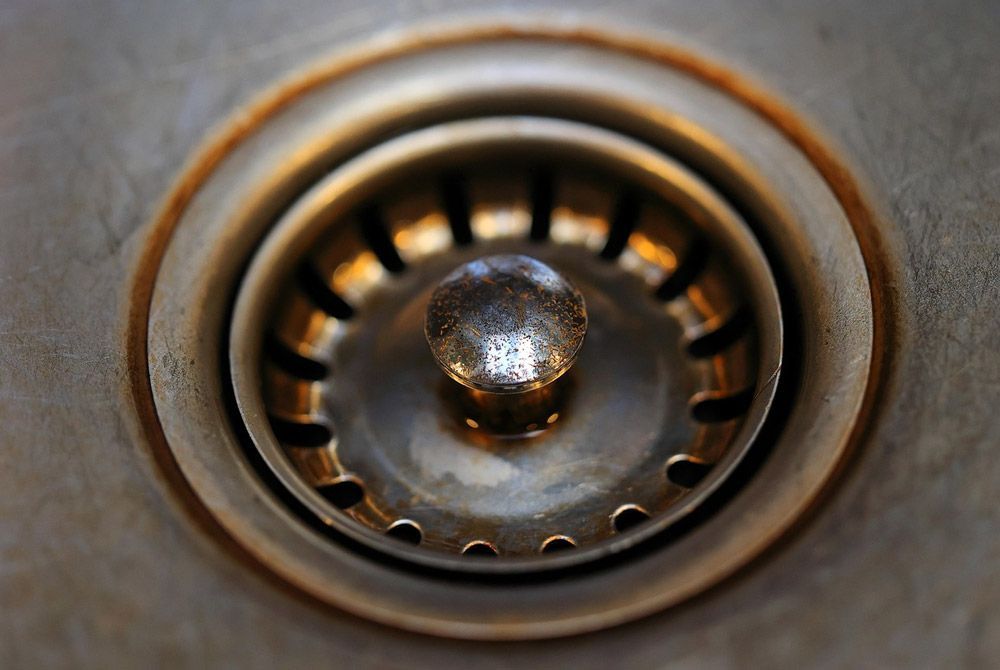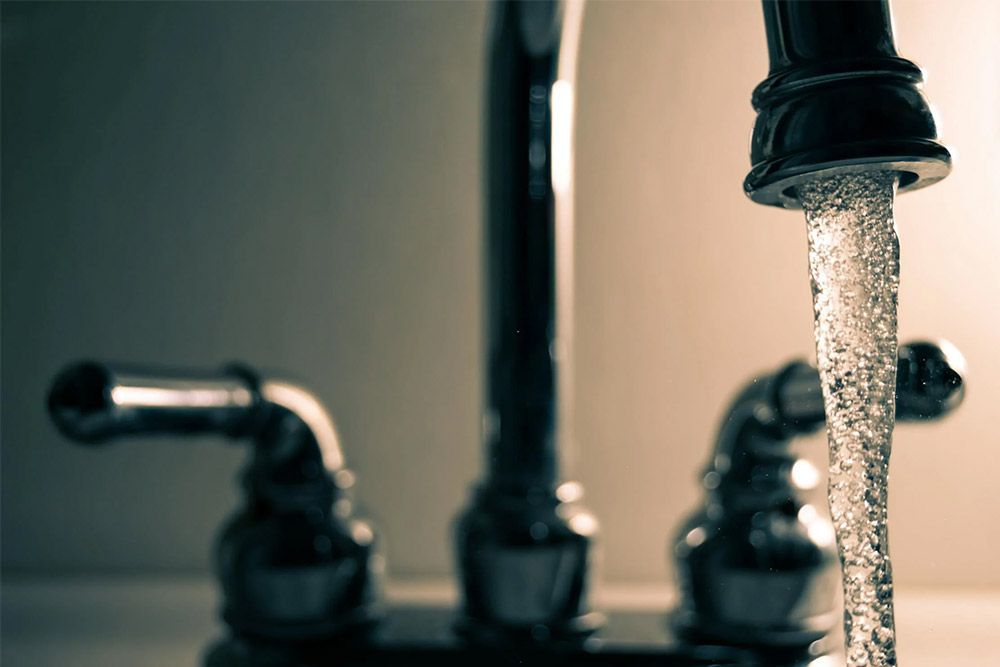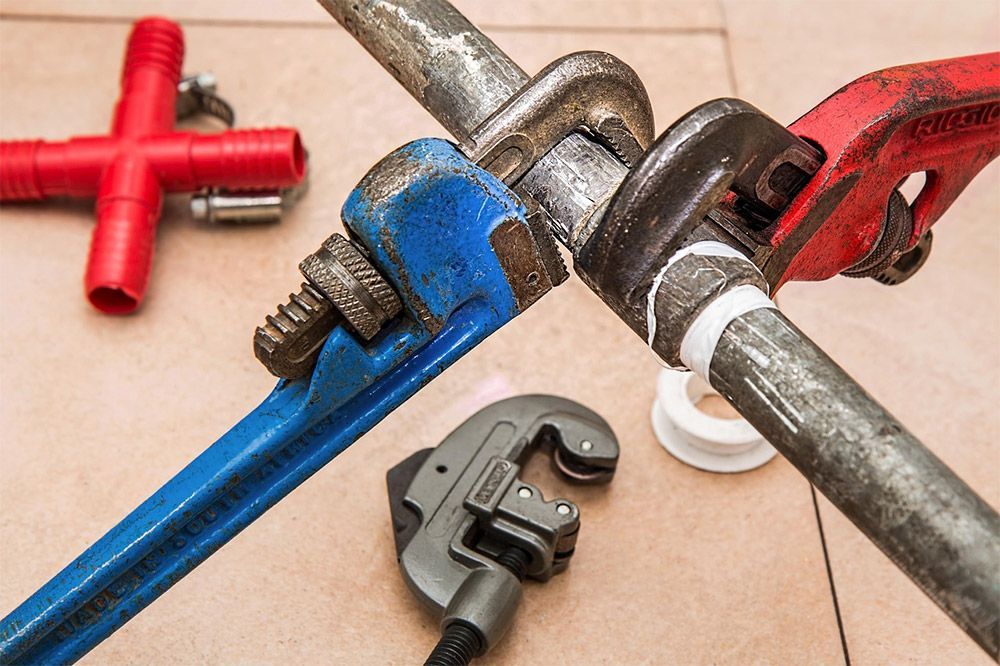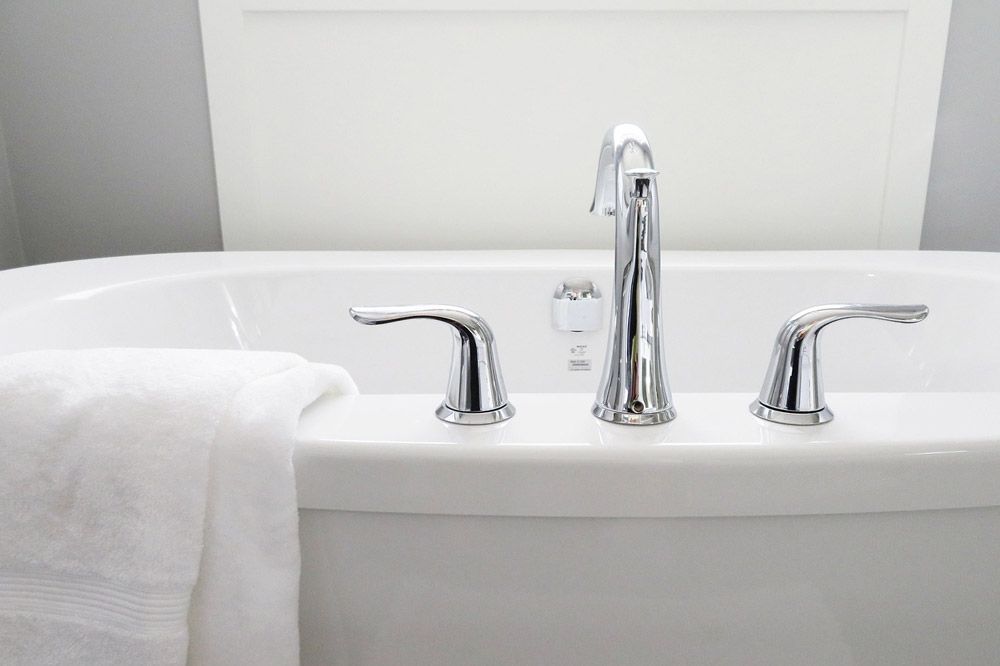What to Do When You Smell Sewage in Your Home
Few things are more alarming than walking into your home and being hit with the unmistakable stench of sewage. It’s not just an unpleasant odor – it’s often a warning sign of a plumbing issue that could damage your property and even pose health risks if ignored. The smell of sewage inside your home can stem from a variety of causes, ranging from minor fixes to serious plumbing emergencies.
There are a bunch of reasons why you may be experiencing sewage odors in your home, but it’s important to understand the risks they carry, what you should do about it, when to fix things yourself, and when to reach out to an experienced plumber in Broomfield, CO. Knowing the sources and steps to take once you encounter these smells can set you up to get return your home back to its usual refreshing state.
Why You Should Never Ignore Sewage Smells
There are many reasons why you need to take sewage odors inside your home seriously. First and foremost, these odors are a signal for serious health risks. Sewage gases contain methane, ammonia, hydrogen sulfide, and other harmful substances. Prolonged exposure to these gases can cause headaches, nausea, dizziness, and even more severe respiratory problems. Hydrogen sulfide, in particular, is toxic in high concentrations.
Believe it or not, sewage odors can be an indicator of structural risks. Sewage smell typically indicates leaks or backups in your plumbing system. If left untreated, these can cause water damage, mold growth, and even structural deterioration in your home. Minor plumbing issues can quickly escalate into major repairs. Addressing your sewage odors early can save you thousands of dollars in repairs. In short, sewage smells are more than unpleasant, they’re a red flag that you need to take action.
Common Causes of Sewage Smell in Your Home
Understanding what might be causing the smell is the first step in fixing it. Here are the most common culprits. The first and most common is a dry P-trap. The P-trap is the curved, U-shaped pipe under sinks, showers, and floor drains. This trap has a dip in it to hold a small amount of water, which creates a seal that prevents sewer gases from entering your home. If a fixture hasn’t been used in a while, the water in the trap can evaporate, leaving the trap dry and useless. This is likely the problem if the smell is near an unused bathroom, basement drain, or laundry room sink. Run water for a few minutes in the fixture to refill the trap.
Be on the lookout for broken or cracked sewer lines. If the smell is coming from multiple areas of your home – or outside your home near the foundation – it could mean a damaged sewer line. Tree roots, shifting soil, or aging pipes can cause cracks or breaks, allowing sewage to leak into the ground and gases to seep into your home. Common signs are sewage smells indoors and outdoors, patches of extra green grass in your yard, or frequent drain backups. This requires a professional inspection and repair. A plumber may use a camera inspection to locate the break and recommend sewer line repair or replacement.
Clogged drains or sewer backup can also be a cause of these odors. Blockages in your plumbing system can trap sewage and cause gases to back up into your home. Grease, hair, paper products, and other debris are common culprits. Slow drains throughout the house, gurgling sounds when water drains, or sewage odors near sinks, tubs, or toilets – all of these are signs of a backup. Try plunging or using a drain snake for minor clogs. If multiple drains are slow or clogged, call a plumber because that could indicate a blockage in your main sewer line.
Improperly sealed toilets can also cause odors to leak out. Your toilet connects to the sewer line through a wax ring that seals gases and prevents leaks. If this seal gets damaged or worn, gases can escape. The main indicators of this is persistent odor near the base of the toilet, or if there is water pooling at the base. Also take note if the toilet feels loose or rocks when you sit on it. Replacing a wax ring is a relatively straightforward repair, but many homeowners prefer to have a plumber handle it.
Your plumbing system uses vent pipes (usually running through your roof) to release sewer gases and regulate air pressure. But the world outside can cause those vents to get blocked. If these vents are blocked by leaves, debris, or even bird nests, gases can get trapped and seep into your home. Be aware of sewage odor near fixtures or gurgling noises in drains. Also look for slow drainage despite having clear pipes. A plumber can inspect and clear vent blockages. In some cases, repairs may be needed if the vent pipe is damaged.
Sump pump issues are also a common cause. Homes with basements often have sump pumps to prevent flooding. If the sump pit isn’t sealed properly or the pump malfunctions, it can allow sewer gases to enter. The main sign is if the sewage smell is strongest near the sump pump. Make sure the lid is airtight and functioning. A professional made need to inspect and replace faulty pumps.
There are also instances where what seems like a sewage smell could actually be mold or bacterial growth in damp areas. While not true sewer gas, these odors can still be harmful and signal hidden water damage. This is signaled by a musty odor that is often accompanied by visible mold or mildew. Identify and repair the source of moisture, then clean or replace any affected materials.
What to Do When You Smell Sewage
Now that you know the causes, there is a clear plan of action to follow to get rid of those annoying odors. First, identify the source. Walk around your home and try to pinpoint where the odor is strongest. Check bathrooms, kitchens, laundry rooms, and basements. This will help narrow down potential causes. From there, check the simple fixes first. Run water in unused sinks, tubs, or floor drains to refill dry P-traps. Flush toilets and check for leaks around the base. Inspect visible drains for clogs and use a plunger or drain cleaner if necessary.
After checking for the simple fixes, make sure to ventilate your home. Open windows and run fans to circulate fresh air. This will reduce exposure to sewer gases while you address the main issue. Also be aware to rule out dangerous situations. If the smell is extremely strong, persistent, or accompanied by symptoms like nausea, dizziness, or headaches, leave the home immediately and call for professional help. If the smell persists after checking out the simple fixes – or if you suspect a sewer line issue, vent blockage or sump pump problem – it’s time to call a licensed plumber. They can perform a thorough inspection and provide solutions.
Professional Solutions You May Need
If you bring in a plumber, there are a number of potential services they can provide. A sewer line camera inspection can reveal a lot of things. This is when a small camera is sent through your pipes and sewer line to check for cracks, blockages, or collapsed sections. Hydro-jetting is another option for stubborn clogs. This is when high-pressure water is used to clear out those tough clogs and other buildup. Vent pipe cleaning or repair is the process of removing blockages or replacing damaged vent lines. And don’t forget about the wax ring replacement where toilets are sealed to prevent leaks and gas escape.
Preventing Sewage Smells in the Future
Prevention is always better than cure. You can keep your home smelling fresh by taking a few precautions. The first tip is to regularly use all of your fixtures. Run water in sinks, tubs, and floor drains at least once per month to keep those P-traps full. Also avoid pouring grease, coffee grounds, and non-flushable items down your drains and toilets. Use strainers to catch hair and other food particles.
Always schedule routine plumbing maintenance. Annual plumbing inspections are inexpensive and can catch small problems before they turn into costly repairs. Inspect your roof vents for blockages. If necessary, install protective covers to keep out leaves or animals. Check your toilet stability by making sure that they’re firmly sealed to the floor. If they wobble, reseal them with a new wax ring. And finally, check and maintain your sump pump. Check that the lid is sealed and test the pump regularly.
It’s important to note that some sewage odor problems can wait a day or two for repair, while others are true emergencies. Call professional help if you notice sewage backing up, or if there is a strong sewage odor throughout the house. Whatever you do, don’t ignore the smell and address the issue right away. For more information, reach out to the experts at Afford-A-Rooter Plumbing today.
The Afford-a-Rooter Plumbing Repair Guarantee
24/7 Immediate Response
Certified Emergency Plumbing Service Professionals
Affordable, High-Quality Services
Recent Blog Post





